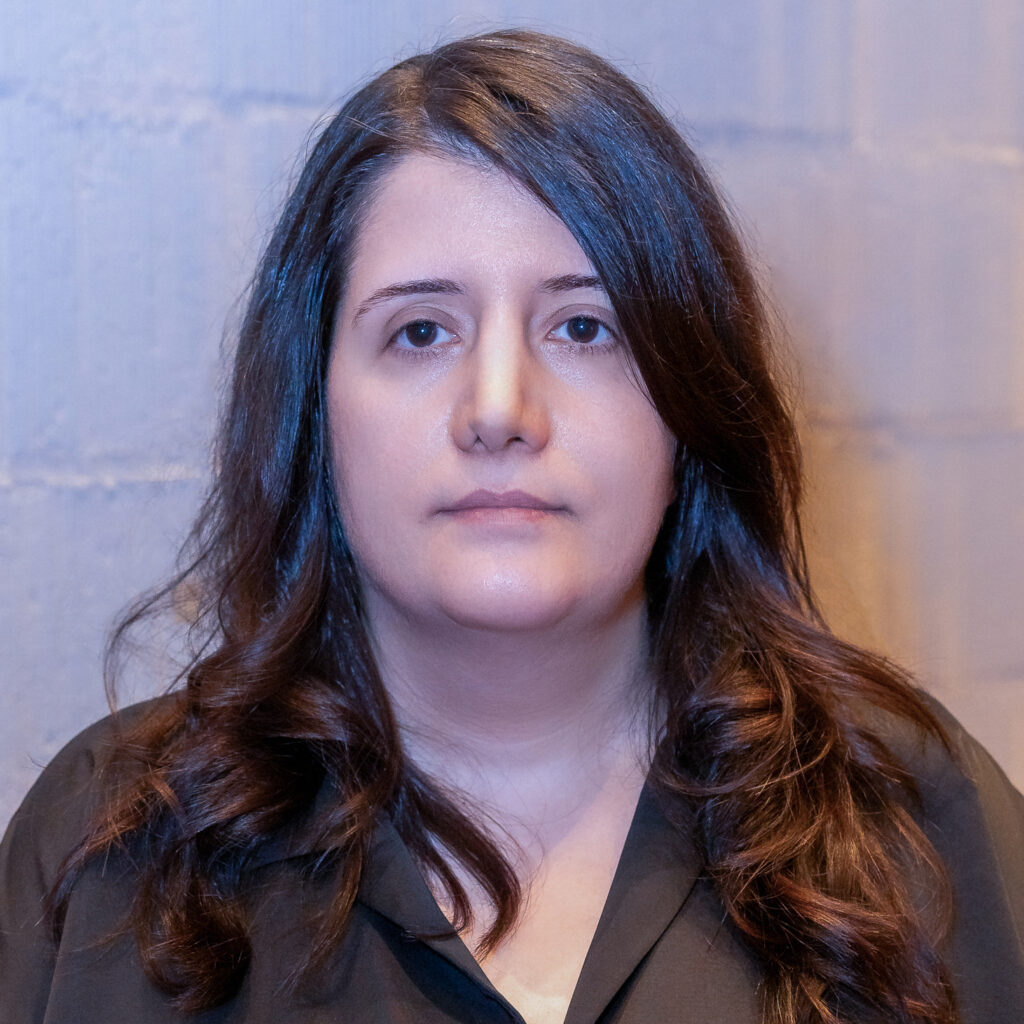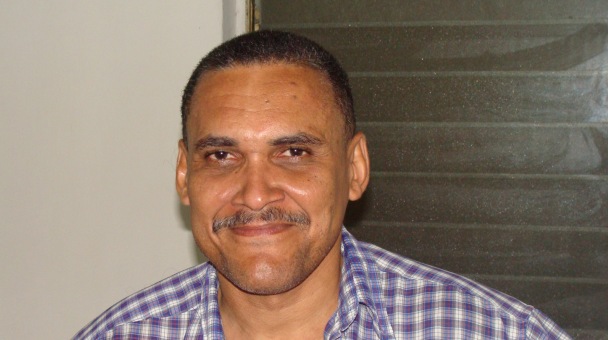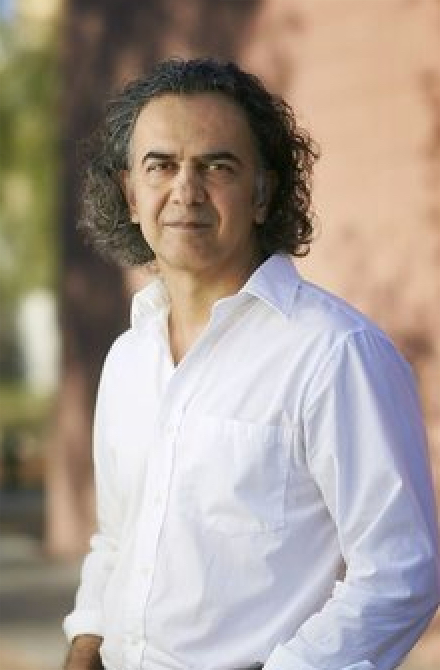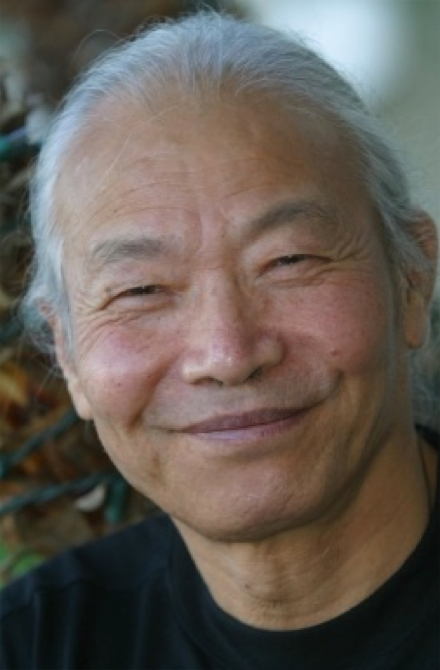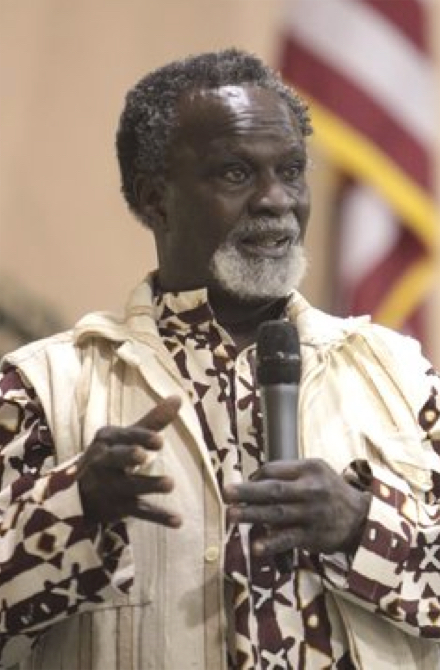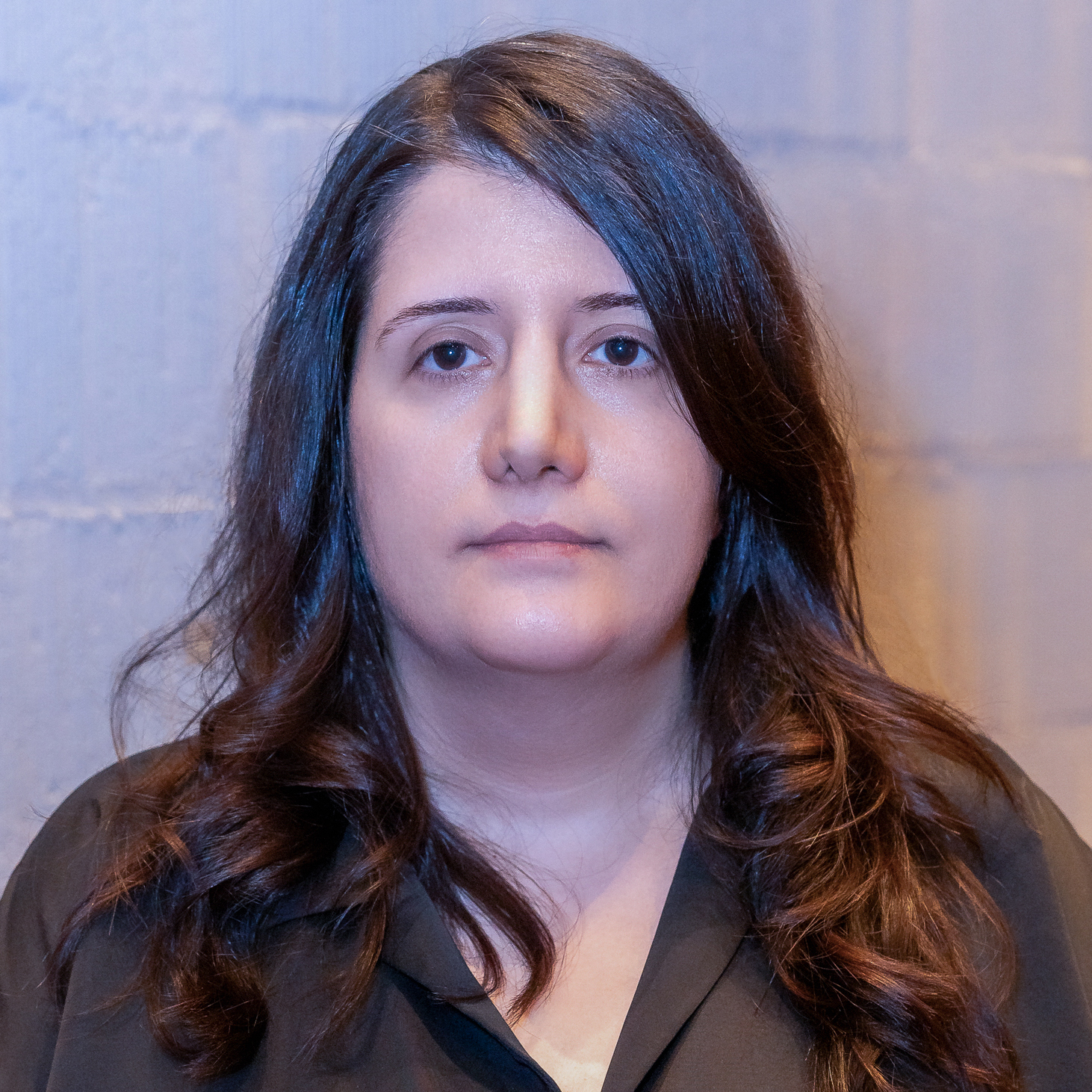
City of Asylum provides safe haven to writers who have been persecuted for their literary work, so that they may live and write freely without censorship, risk of imprisonment, or threats against their lives.
COA fellows join a thriving and diverse community of writers and receive foundational support, including a salary, housing, immigration support services and plenty of time to write.
City of Asylum Las Vegas was founded in 2001, the first program of its kind in the United States.
Groups in Ithaca, New York and New York City have since formed similar programs. Pittsburgh, Pennsylvania hosts a remarkable and nationally renowned program, and we work closely with sibling programs at Harvard University and others via the International Cities of Refuge Network and the Artists at Risk Connection.
The idea of asylum cities follows calls from Salman Rushdie and BMI’s friend and advisor Wole Soyinka for cities around the world to take in imperiled writers. A City of Asylum is a free space, unfettered by censorship or political repression, in which writers who have undergone such hardship may safely practice their craft.
A City of Asylum is a free space, unfettered by censorship or political repression, in which writers who have undergone such hardship may safely practice their craft. COA fellows are hosted by a city or region for a period of one to two years, and receive a stipend, housing, dedicated office space, legal support, and more.
